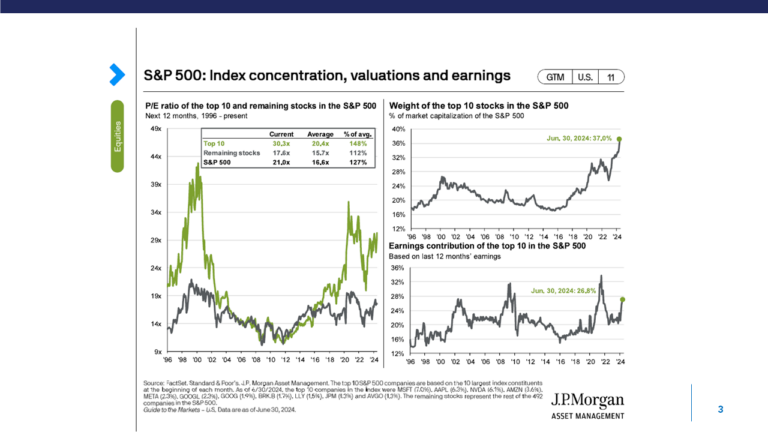The following is Part III of a four-part series from Senior Financial Advisor Winfred Jacob, CFP®
In our last installment (click here for Part II) we discussed the three fundamental tools found within a good cash management and budgeting system. In this installment, let’s talk in greater detail about the forward-looking budgeting tool, but from a slightly different perspective.
Most folks start their budget by recording their current spending. Any number of good budget spreadsheets can be found online to accomplish this. While intuitive, this approach contains a fatal flaw because it treats saving and investing, perhaps our highest financial priority, as an afterthought. We focus on our current expenses and hope that something is left at the end of the month to save and invest. In reality, there is often no surplus and our hopes, dreams, and best intentions go unfunded.
We suggest reversing the order. Make your saving and investing an expense item that you pay first and automatically. Payroll deduction works the best. This will require you to give some serious thought to your future financial goals and estimating these “costs” can be a little tricky. Here is where you might want to enlist the help of a financial planner. They can help you identify and prioritize your objectives, quantify the monthly costs needed to reach your goals in the timeframe you require, and chart a tax and investment strategy that brings you to your goal as efficiently as possible.
While mapping out your objectives, don’t forget to include the goal of creating an emergency fund. This is an important but often overlooked priority. Look to accumulate three to six months of your income in a very safe and liquid account to get through unforeseen, but catastrophic, events like the loss of employment, or an episode of disability.
Short-term goals like a down payment for a home tend to be easier to budget. They require us to save a finite amount within a discreet time frame so it’s simple arithmetic. For instance: If you want to buy a home in three years and need a down payment of $25,000, you will need to save roughly $694 per month (the amount will vary slightly depending on the amount of interest you earn).
Longer-term objectives, like creating a secure retirement, are more nebulous. We often default to budgeting a percentage of our income because the math can be complicated and some of the variables are unknown (like how long we are going to live in retirement).
Making room in the budget for retirement savings takes some discipline. It’s a long way off and there are always more pressing priorities. However, current research indicates that Americans are significantly underestimating the amount they will need to save during their working careers. While there is no one answer for everyone, younger individuals should be thinking in terms of saving 10% of their income or more. Older individuals who need to play catch up may require much larger amounts. This may seem shocking, but in light of longer life expectancies, pressures on Social Security and employer-based pensions, and lower future investment returns, it is a likely reality.
One thing is certain, time is your friend. The earlier you begin, the more you will benefit from the power of compound interest.
So now comes the moment of truth! After budgeting the cost of your financial goals, add in your fixed and variable expenses. Don’t forget to include the things that we pay for sporadically, like real estate taxes or homeowner’s insurance. Also, be truthful with yourself about cash purchases and ATM withdrawals that signal impulse spending. It may take a bit of digging to get at the real number. Once everything is recorded, compare it to your income. Is it a negative number? Don’t freak out and don’t give up! You’re not alone. Many individuals start out here. It may take some time and effort to build a balanced budget that is both realistic and includes your financial hopes and dreams.
In our next installment, we will explore some techniques to eliminate debt, reduce impulse spending and make our budget match our income.
Winfred Jacob, CFP®
Senior Financial Advisor


